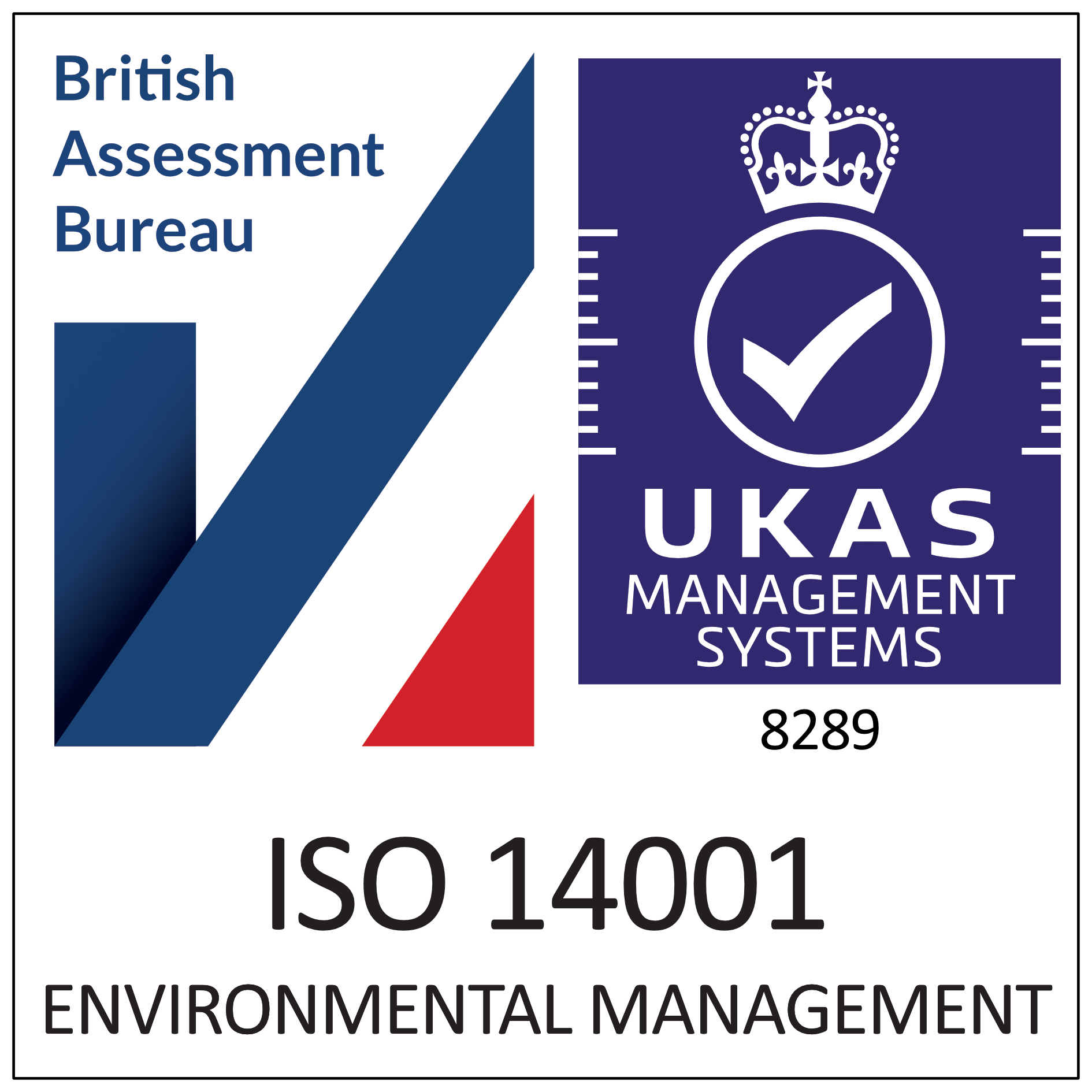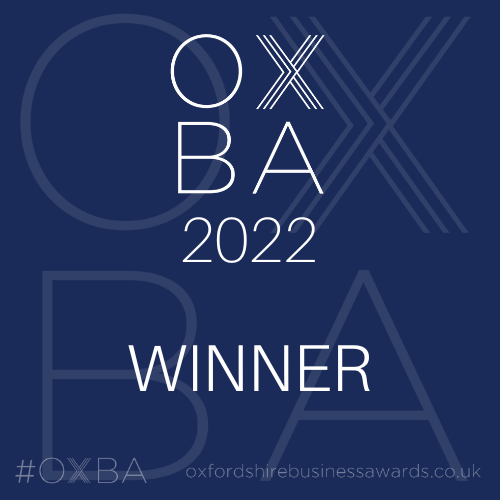

Search our website for news, courses, and general information
Course code: XMZN124P
Subject area: Customer Service
Study level: Apprenticeship
Course level: 2
Course time:
09:00 - 17:00
Days of week:
Various
Course date:
Flexible Start - 31st Jul 2025
Course location:
Off SiteDuration:
• 15 months practical training period, plus 3 months for End Point Assessment
Delivery model:
• Work-based training with your employer
• 10 days college attendance to complete the Business Professionals course
• Approximately 12 on-site assessment visits per year
• Level 1 Functional Skills in Maths and English (7 days at college for each, if required)
• Off the job training will count for at least 6 hours a week of an apprentice’s time at work
Qualifications included:
• Level 1 Functional Skills in English and Maths
• Level 2 Customer Service Practitioner Apprenticeship
End Point Assessment:
• Practical observation
• Apprentice showcase
• Professional discussion
• Understand who customers are.
• Understand the difference between internal and external customers.
• Understand the different needs and priorities of your customers and the best way to manage their expectations, recognising and knowing how to adapt style to be highly effective.
• Know the purpose of the business and what ‘brand promise' means
• Know your organisation’s core values and how they link to the service culture.
• Know the internal policies and procedures, including any complaints processes and digital media policies that are relevant to you and your organisation.
• Know the appropriate legislation and regulatory requirements that affect your business.
• Know your responsibility in relation to this and how to apply it when delivering service.
• Know how to use systems, equipment and technology to meet the needs of your customers.
• Understand types of measurement and evaluation tools available to monitor customer service levels.
• Understand your role and responsibility within your organisation and the impact of your actions on others.
• Know the targets and goals you need to deliver against.
• Understand how establishing the facts enable you to create a customer focused experience and appropriate response.
• Understand how to build trust with a customer and why this is important.
• Understand the products or services that are available from your organisation and keep up-to-date.
• Level 1 Functional Skills in English and Maths
• Level 2 Customer Service Practitioner Apprenticeship
• Use a range of questioning skills, including listening and responding in a way that builds rapport, determines customer needs and expectations and achieves positive engagement and delivery.
• Use appropriate verbal and non-verbal communication skills, along with summarising language during face-to-face communications; and/or
• Use appropriate communication skills, along with reinforcement techniques (to confirm understanding) during non-facing customer interactions.
• Use an appropriate ‘tone of voice’ in all communications, including written and digital, that reflect the organisation’s brand.
• Provide clear explanations and offer options in order to help customers make choices that are mutually beneficial to both the customer and your organisation.
• Be able to organise yourself, prioritise your own workload/activity and work to meet deadlines.
• Demonstrate patience and calmness.
• Show you understand the customer’s point of view.
• Use appropriate sign-posting or resolution to meet your customers needs and manage expectations.
• Maintain informative communication during service recovery.
What behaviours will apprentices develop?
• Developing yourself
• Being open to feedback
• Team working
• Equality – treating all customers as individuals
• Presentation – dress code and professional language
• Right first time approach








